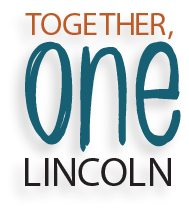The Do’s
- Do be open to listening
- Do be aware of your implicit biases
- Do your research to learn more about the history of the struggle in which you are participating
- Do the inner work to figure out a way to acknowledge how you participate in oppressive systems
- Do the outer work and figure out how to change the oppressive systems
- Do amplify (online and when physically present) the voices of those without your privilege
- Do learn how to listen and accept criticism with grace, even if it’s uncomfortable
The Don’ts
- Don’t expect to be taught or shown. Take it upon yourself to use the tools around you to learn and answer your questions
- Don’t participate for the gold medal in the “Oppression Olympics” (you don’t need to compare how your struggle is just as bad)
- Don’t behave as though you know best
- Don’t take credit for the labor of those who are marginalized and did the work before you stepped into the picture
- Don’t assume that every member of an underinvested group feels oppressed
How to Handle Mistakes
In reality, most of us naturally know the right way to react when we step on someone’s toes, and we can use that to help us learn how to react when we commit microaggressions.
- Center the person being impacted: “Are you okay?”
- Listen to their response and learn.
- Apologize for the impact, even though you didn’t intend it: “I’m sorry!”
- Stop the instance: move your foot
- Stop the pattern: be careful where you step in the future. (When it comes to oppression, we want to actually change the “footwear” to get rid of privilege and oppression (sneakers for all!), but metaphors can only stretch so far!)
